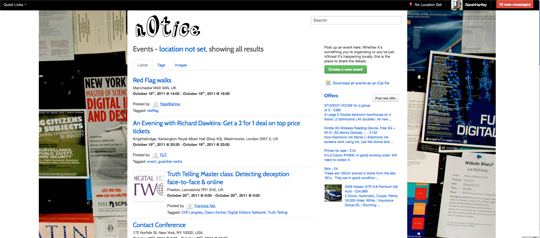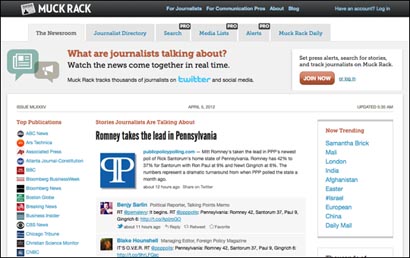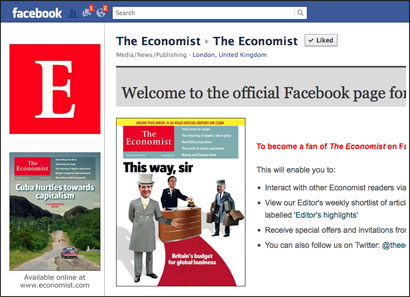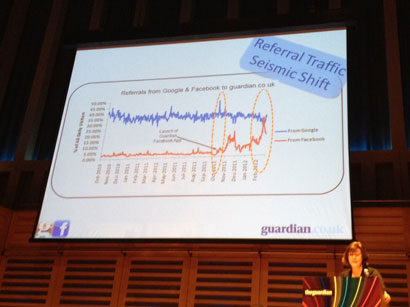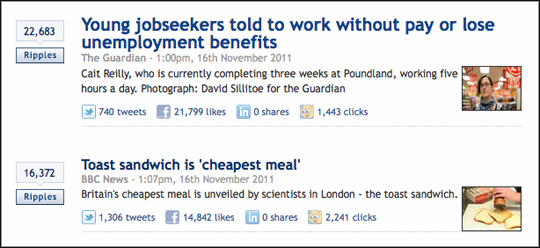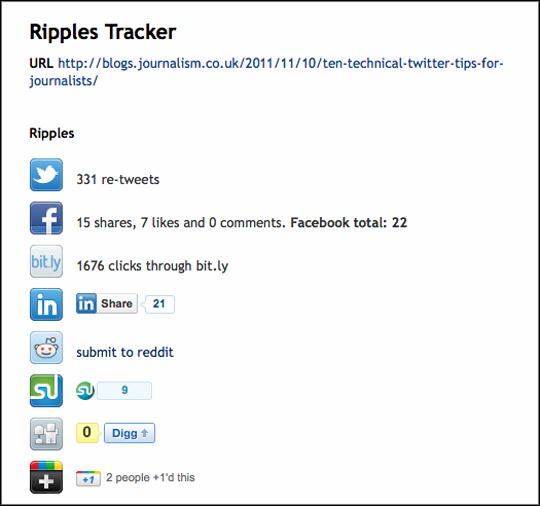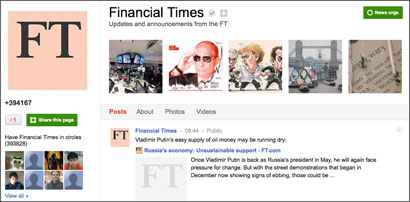
The Financial Times has the largest number of followers on Google+, while the Daily Mail and Telegraph websites get the most Google +1 recommendations from readers, according to a release from analytics software firm Searchmetrics.
Searchmetrics has looked at the Google+ presence of 13 national newspapers which have “a combined total of 544,545 followers”.
This compares with a total of 1,284,674 followers (fans) on Facebook, currently the world’s biggest social network, for which all 13 newspaper sites maintain official pages.
The social network, which was launched nine months ago, has more that 100 million user accounts, according to Google.
At the time of the Searchmetrics study, which was carried out on 19 March:
372,159 people were recorded as following the Financial Times’ page on Google+ (or having the newspaper’s page in their Google+ ‘Circles’) beating the Guardian’s page which came second with 75,255 followers. The Independent came third with 60,195 people having its page in their Google+ circles.
In the release Searchmetrics points out that the Times, the Sun, Daily Express and Daily Star have not created a Google+ page for their news sites.
Searchmetrics found stories and content from the Daily Mail website received the most recommendations from people using the +1 button, with approximately 10,493 +1s a week on average.
Second came the Telegraph website with around 5,822 +1s a week and third was the Guardian with around 3,367 +1s a week.
While the Financial Times has the most followers it averages around 670 +1s a week, probably due to its metered paywall.
The most frequently +1’d article on Daily Mail site was “a story (with images) about how the majority of runway models meet the Body Mass Index (BMI) criteria for anorexia”. It had been +1’d 837 times.
This contrasts with the Mail’s most “liked” story of 2011, which saw more than 62,458 people click the Facebook like button. This story was headlined “the 9/11 rescue dogs: Portraits of the last surviving animals who scoured Ground Zero one decade on”. See our story on the top 10 Facebook stories of 2011 (we used Searchmetrics to gather the data).
Marcus Tober, Searchmetrics’ CTO and founder said in the release:
Google+ is still a relatively young social network but Google is very positive about its future and we’re already seeing a large number of people on the site, so it’s important for newspapers and other big brands to get in early and have a strong presence on the network.
Frequently +1’d articles from national newspapers:
DailyMail.co.uk, 12 Jan 2012, 837 +1s
‘Most runway models meet the BMI criteria for anorexia’, claims plus-size magazine in powerful comment on body image in the fashion industry’
Telegraph.co.uk, 18 Nov 2011, 1110 +1s
EU bans claim that water can prevent dehydration
Guardian.co.uk, Comment is Free, 25 Nov 2011, 1,142 +1s
The shocking truth about the crackdown on Occupy
